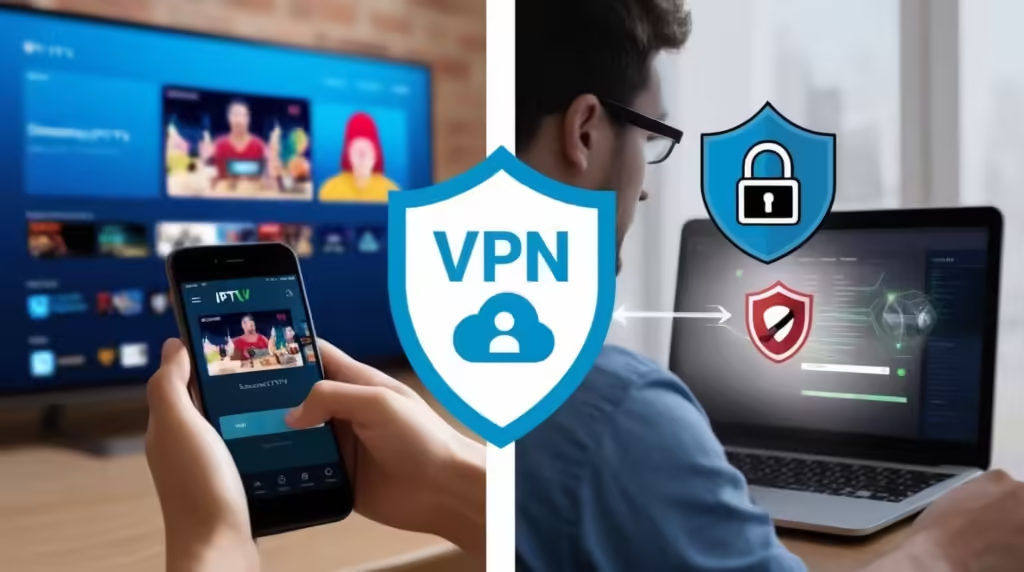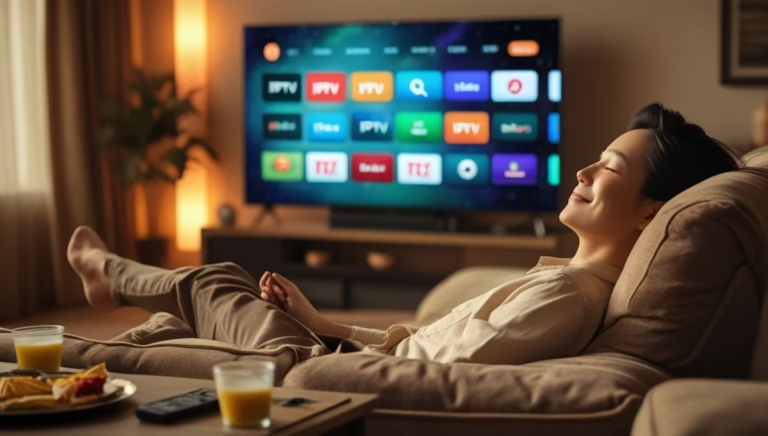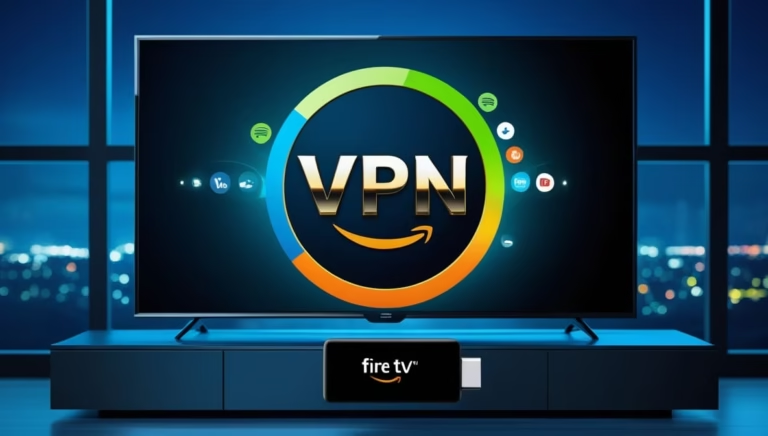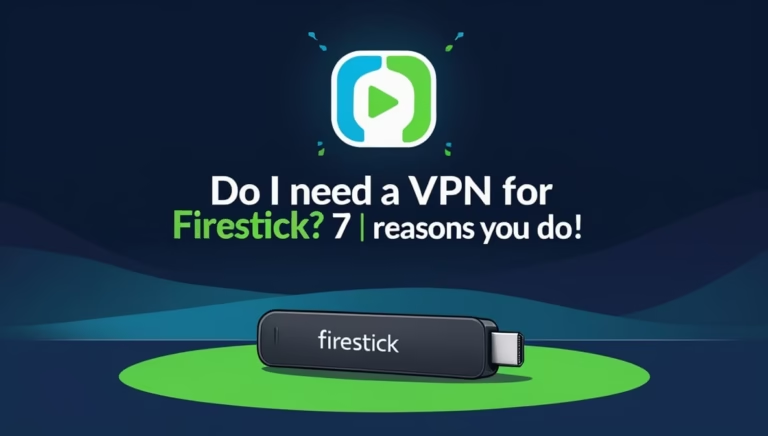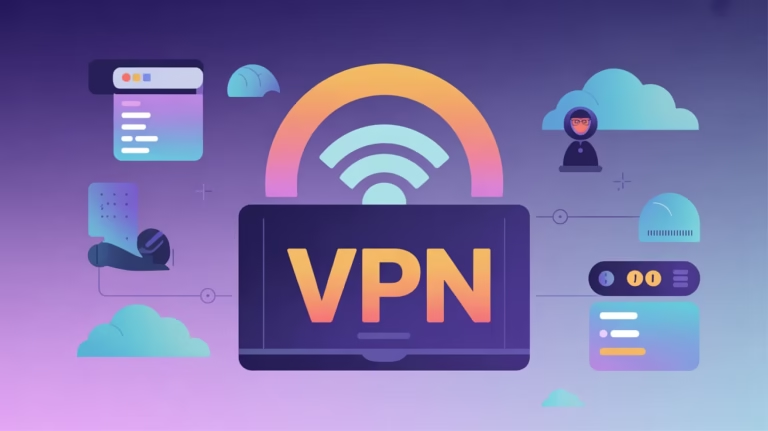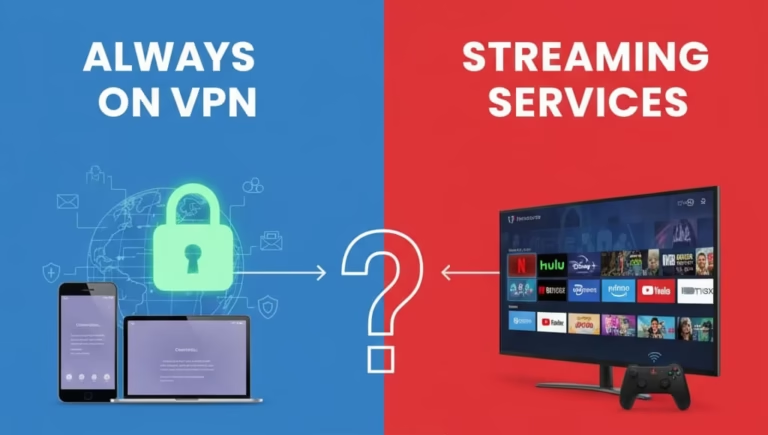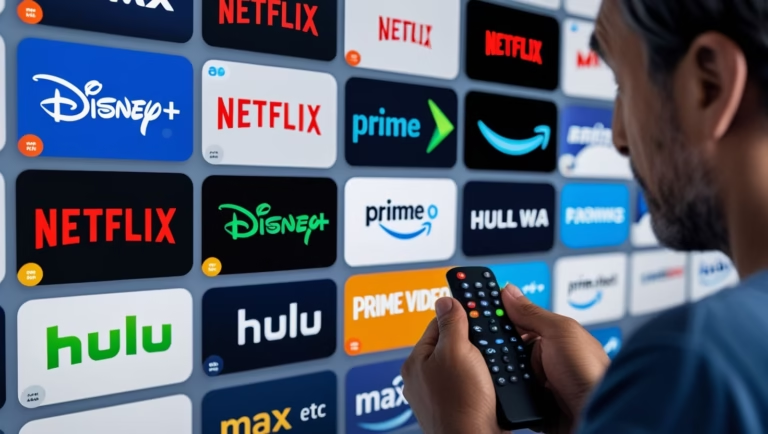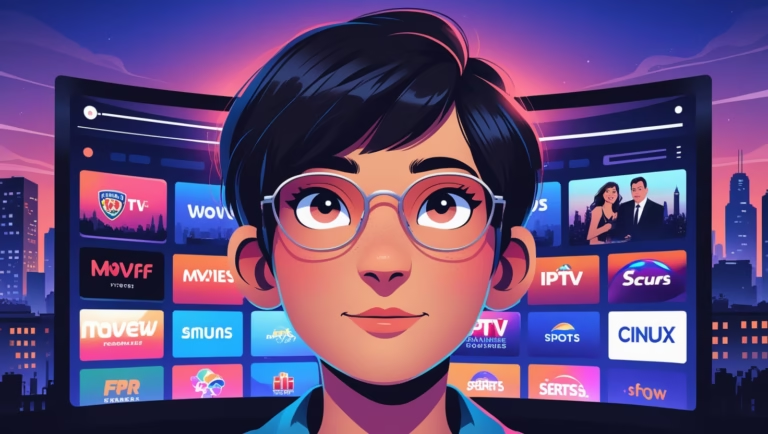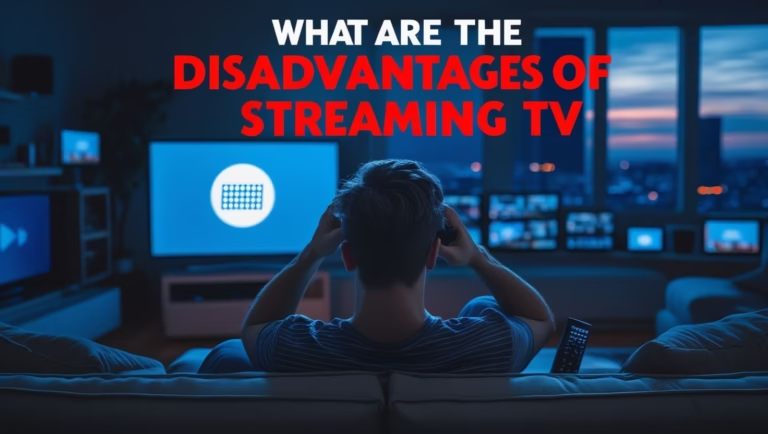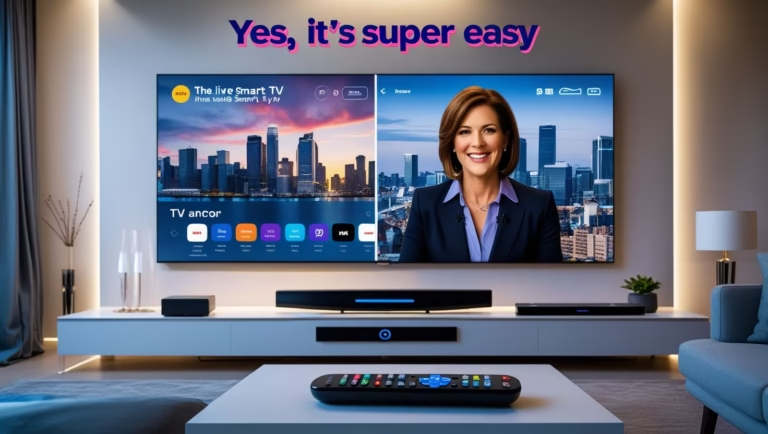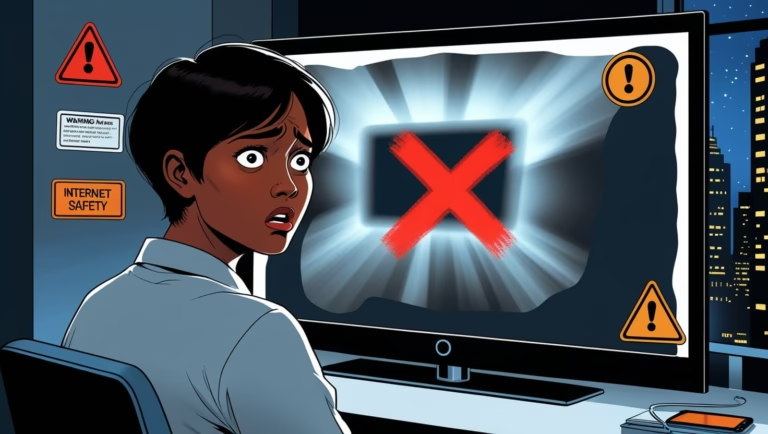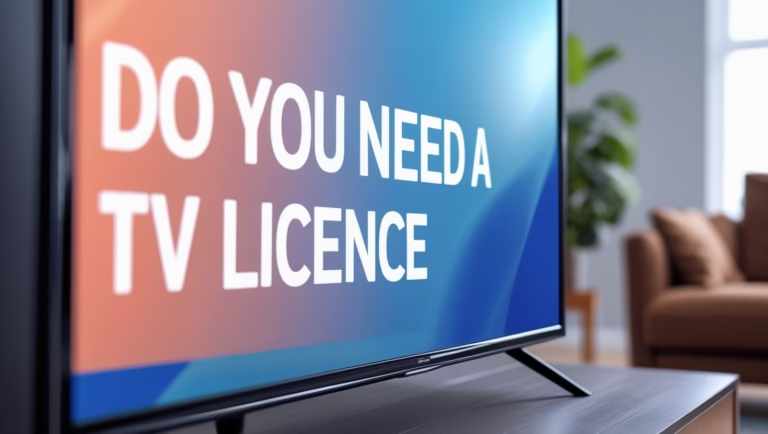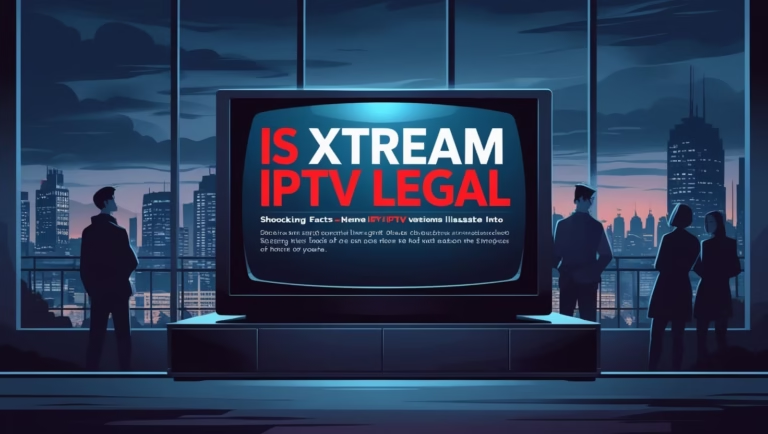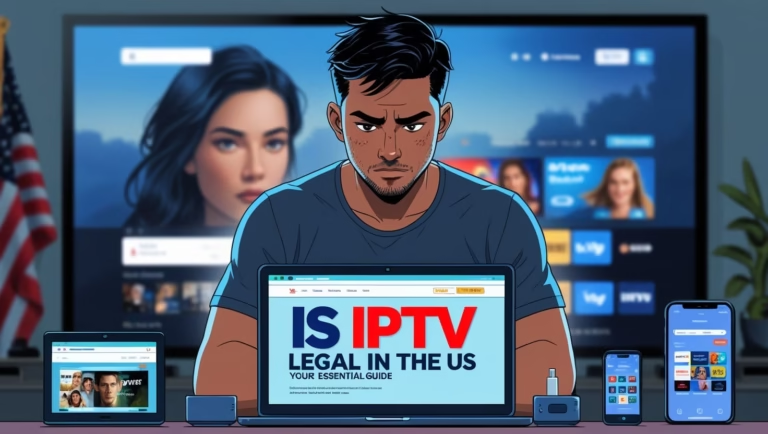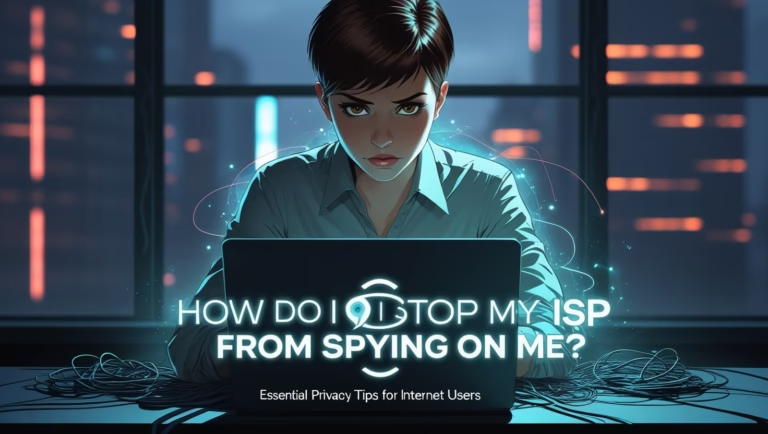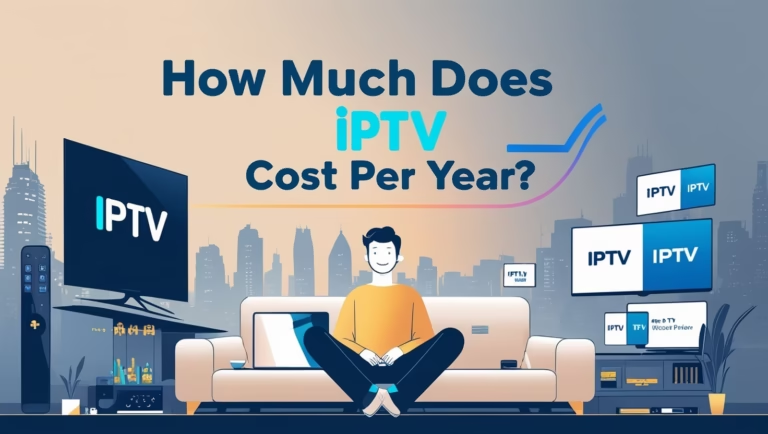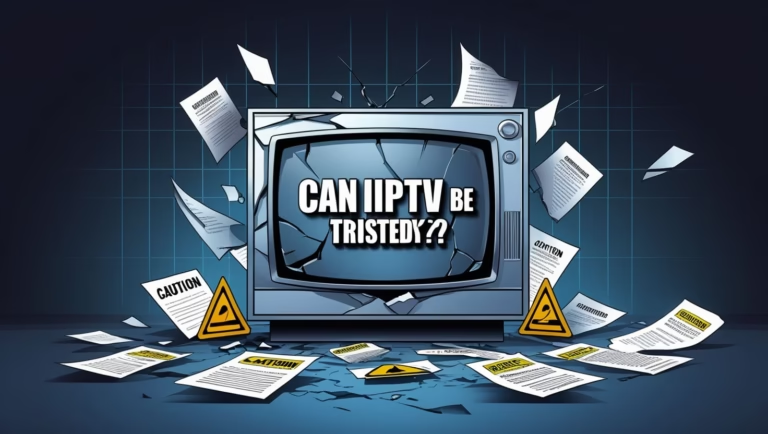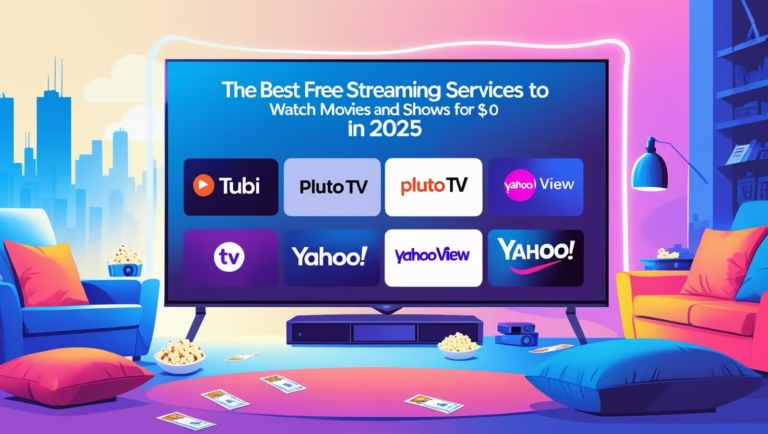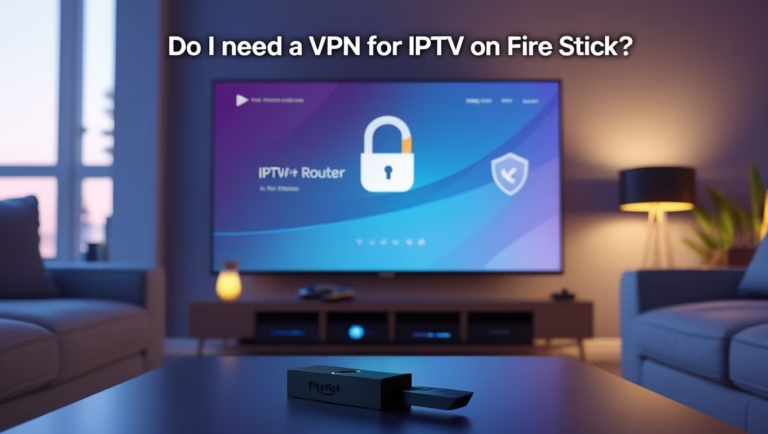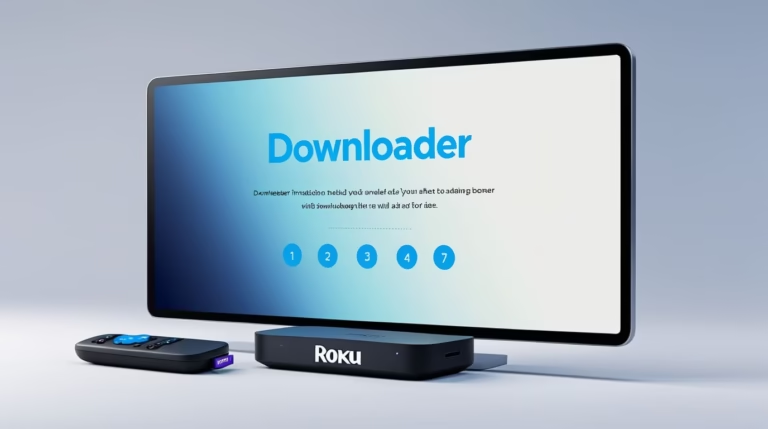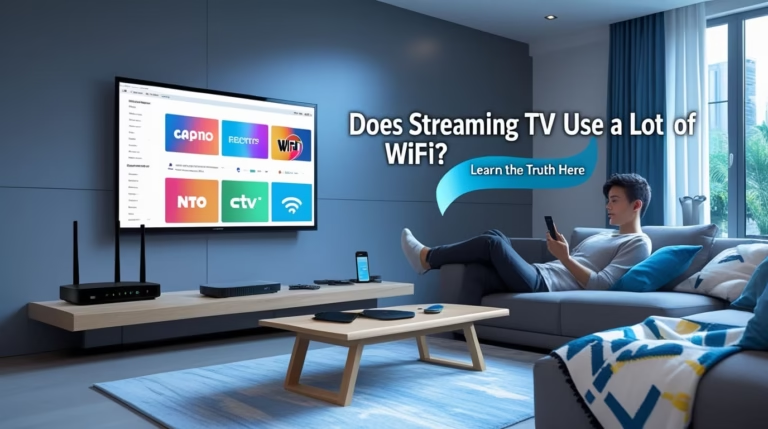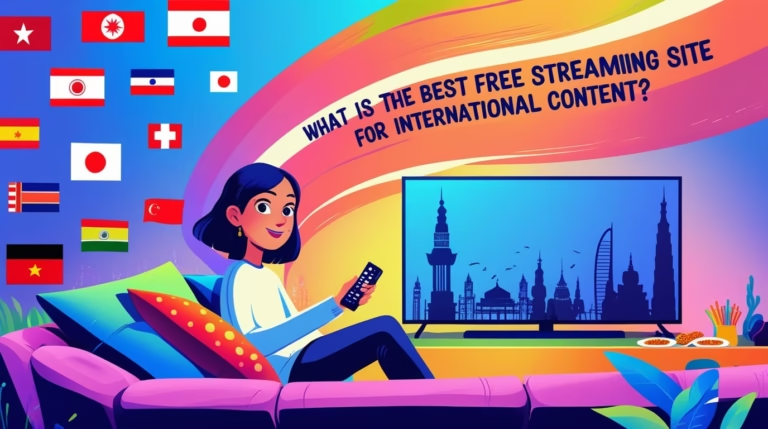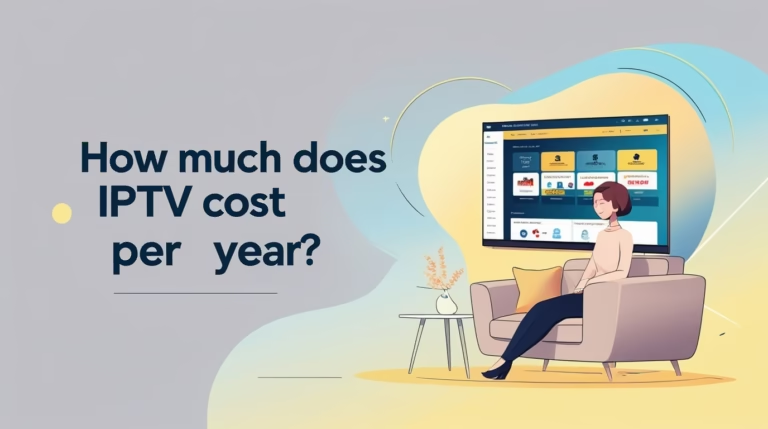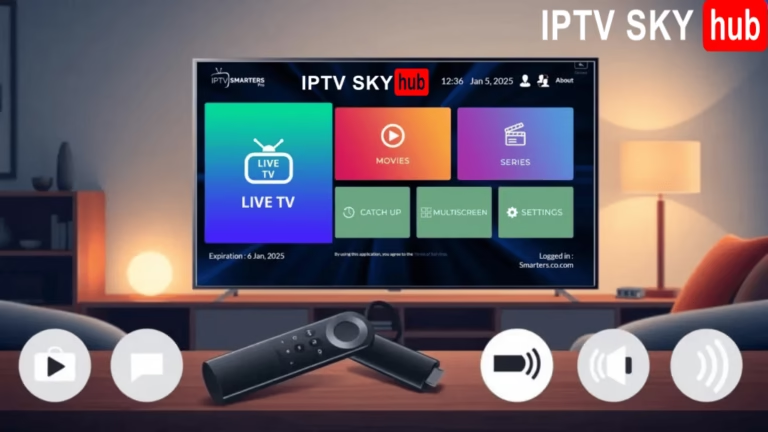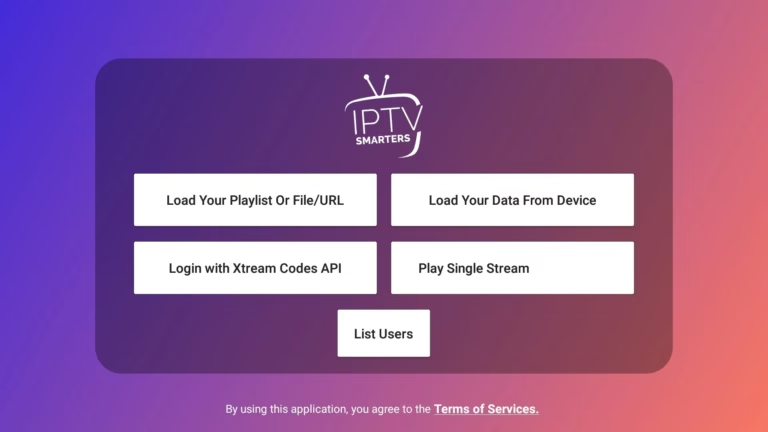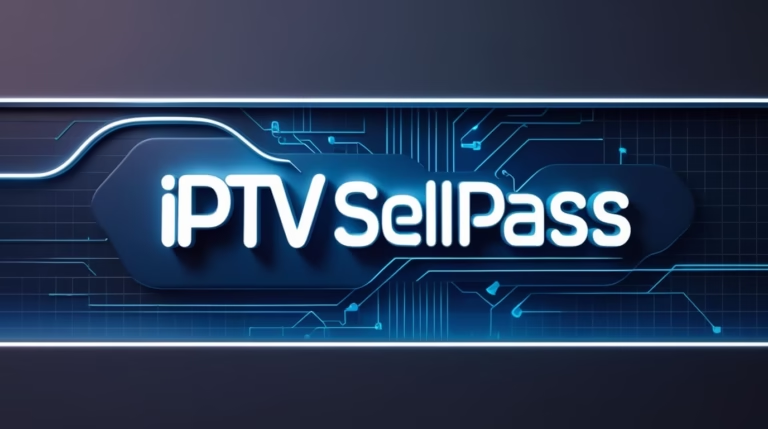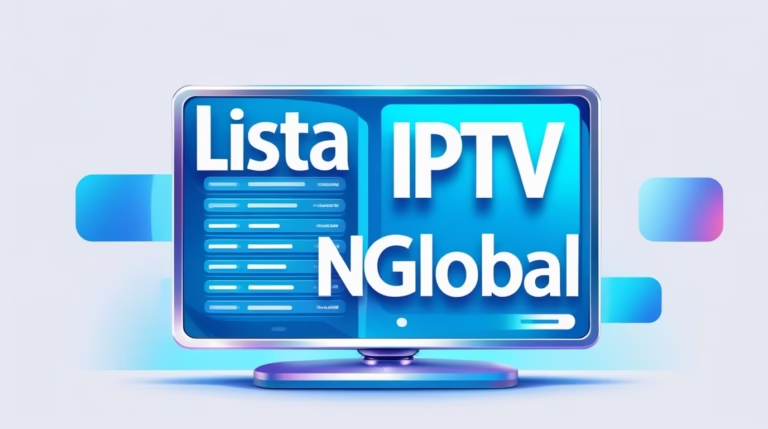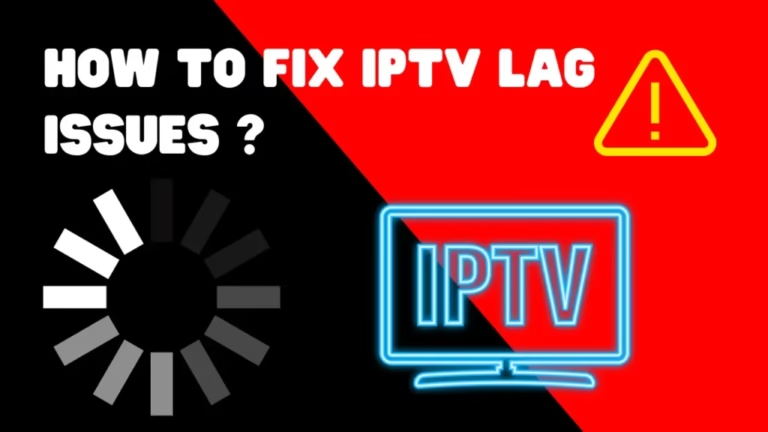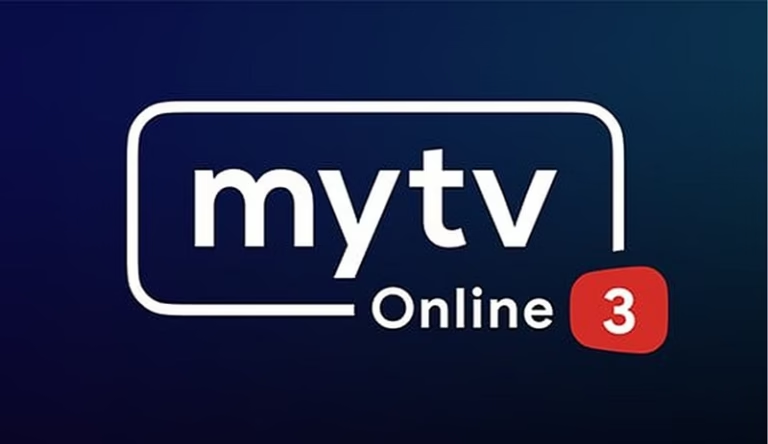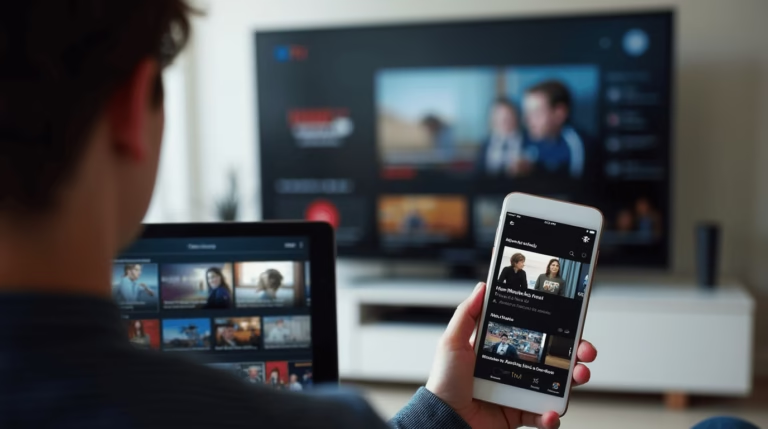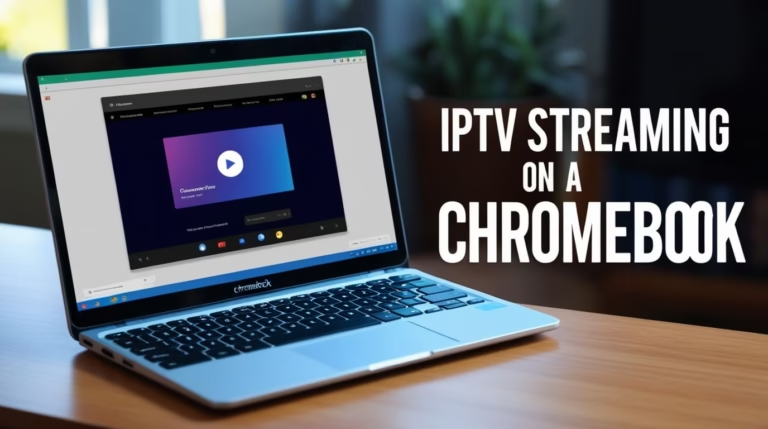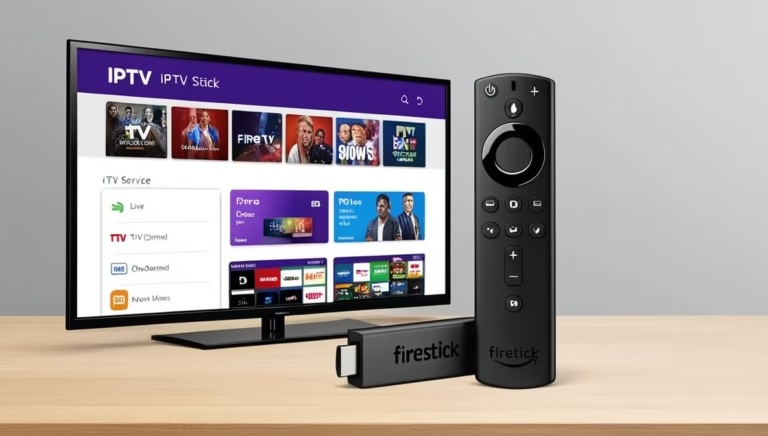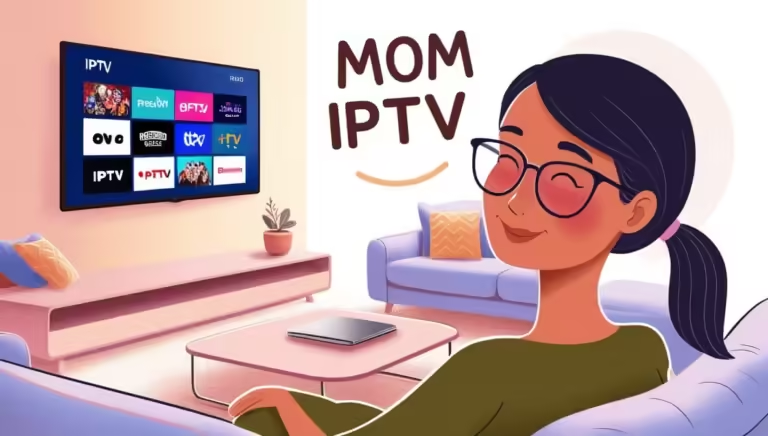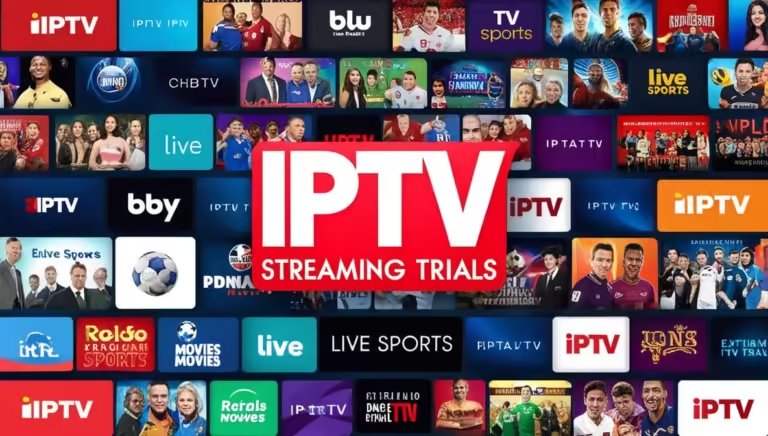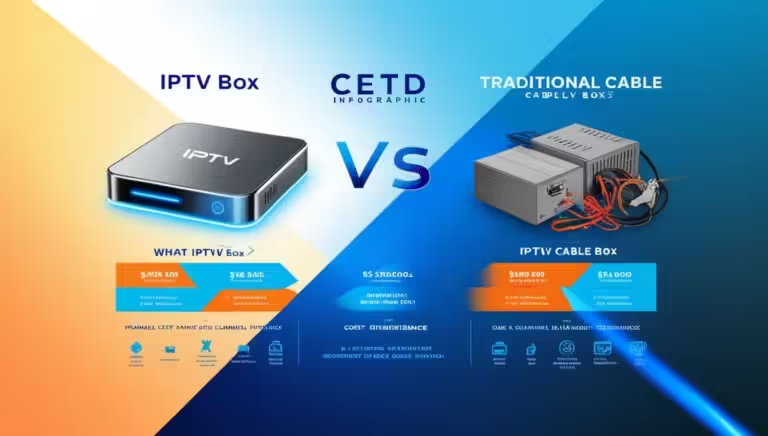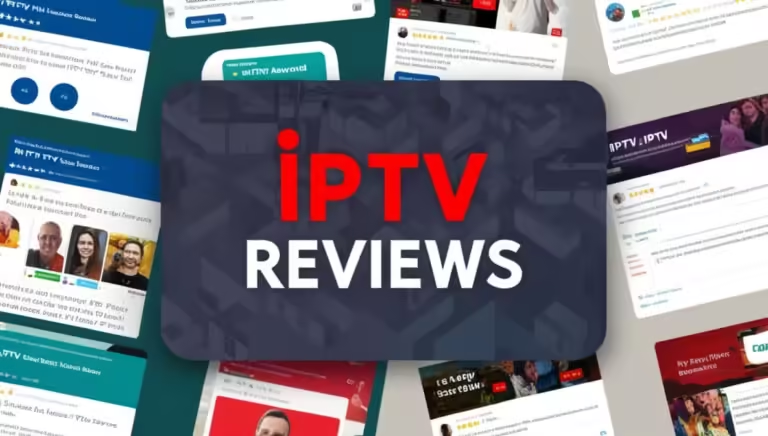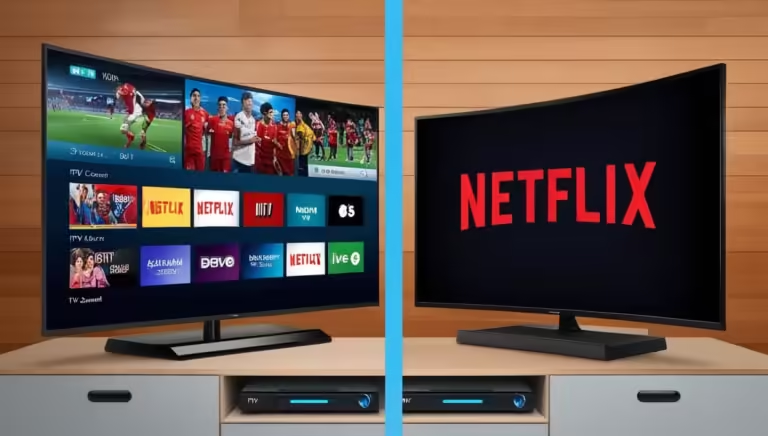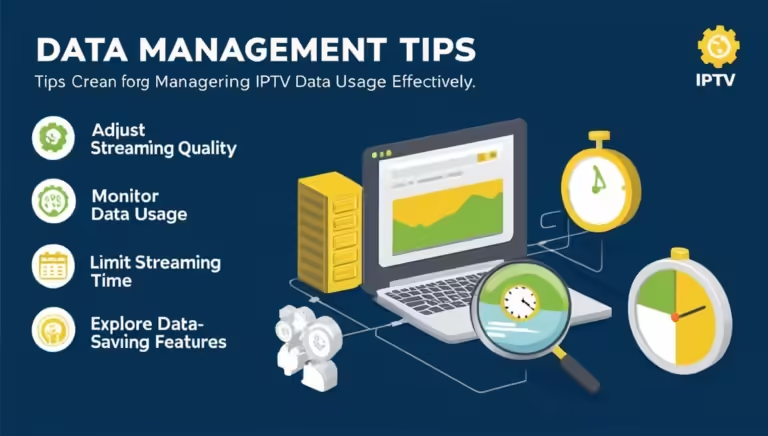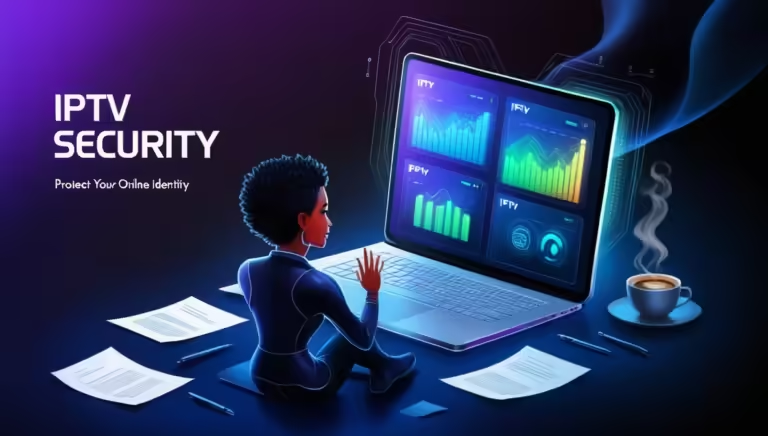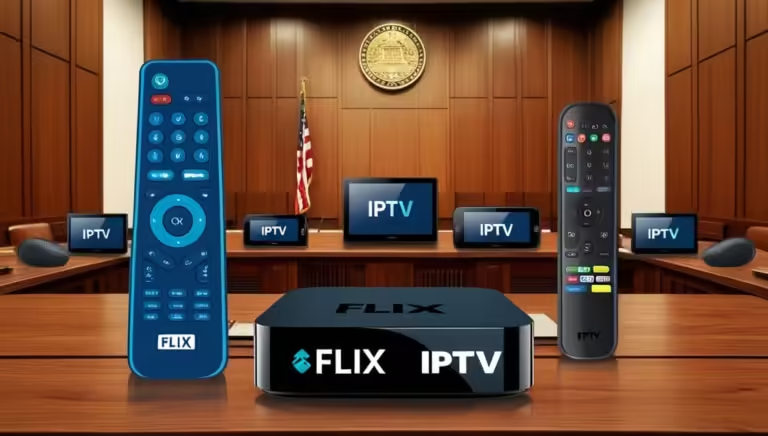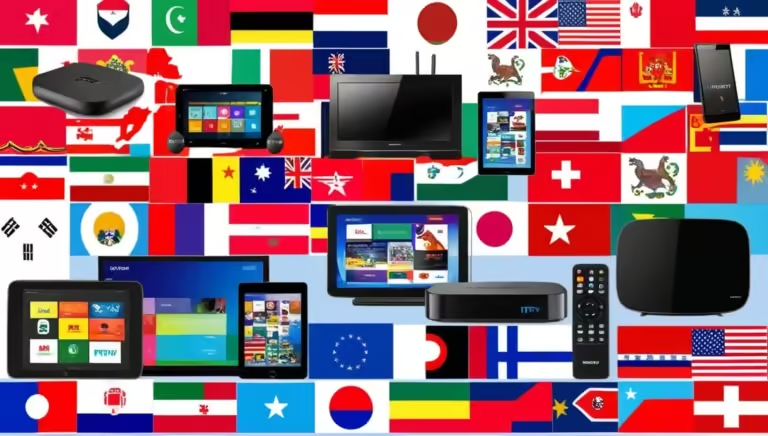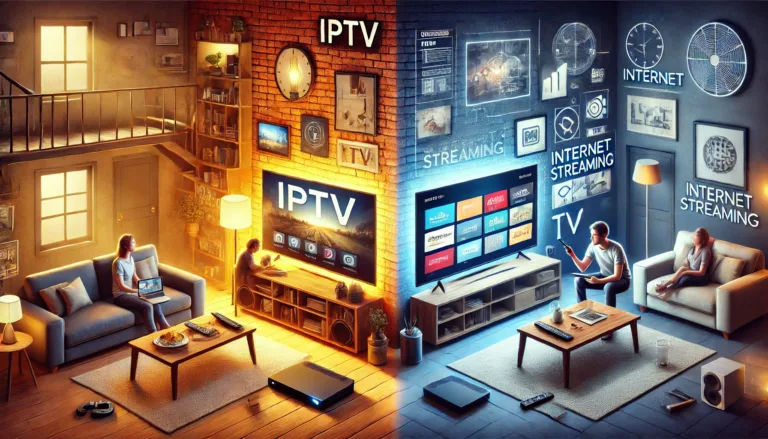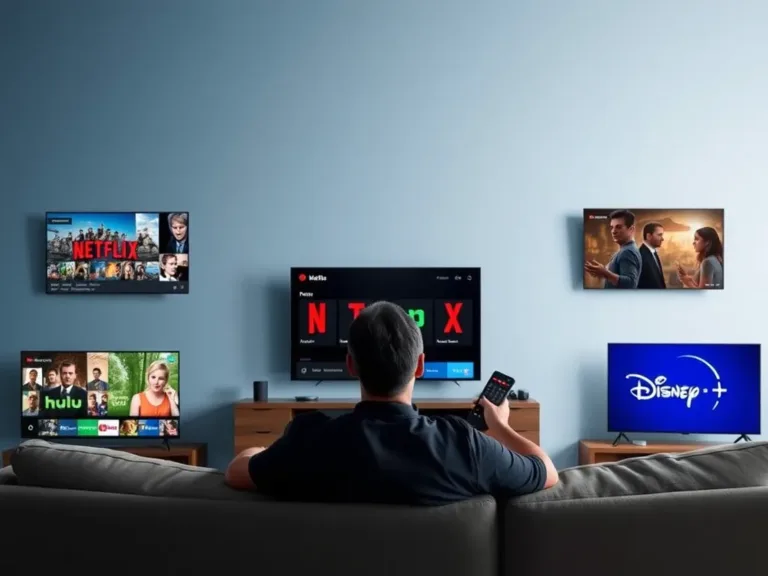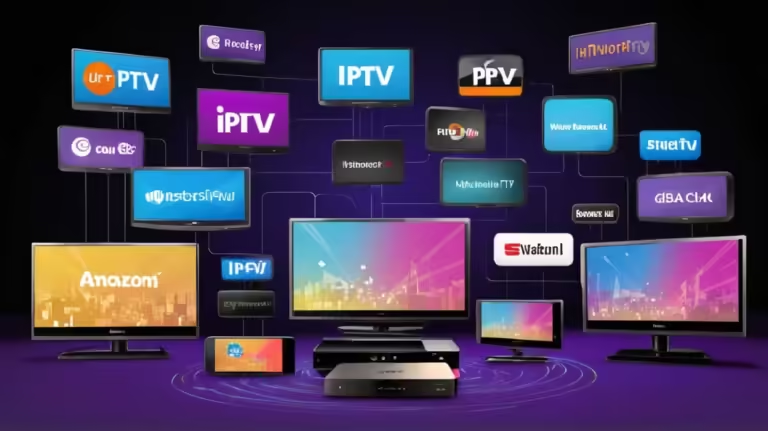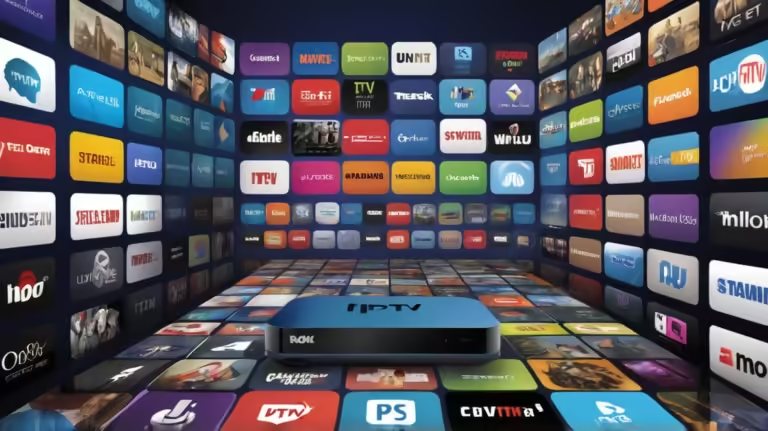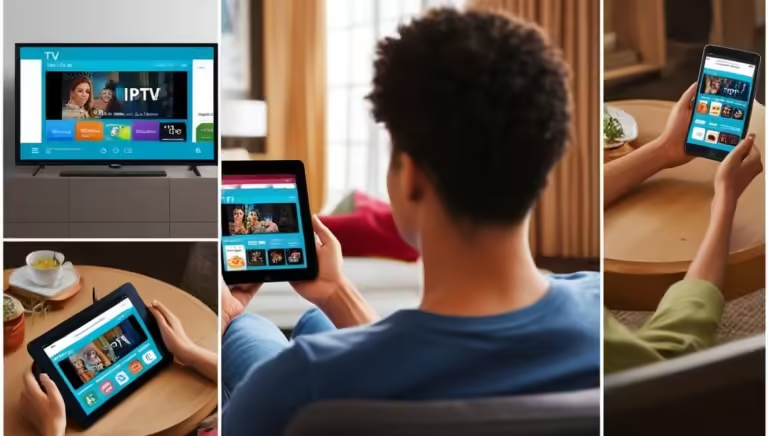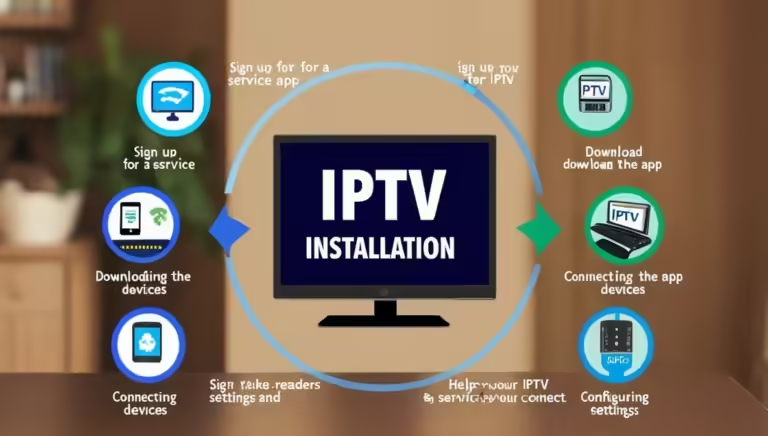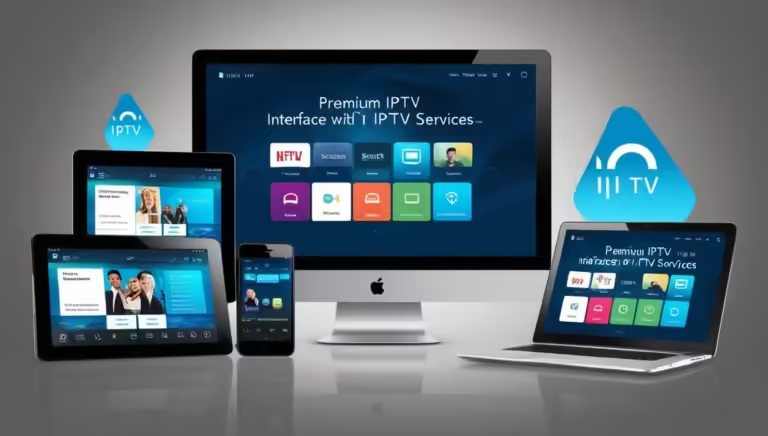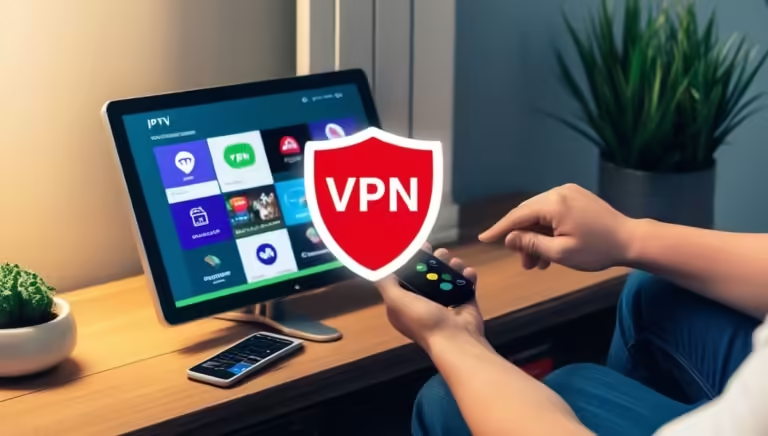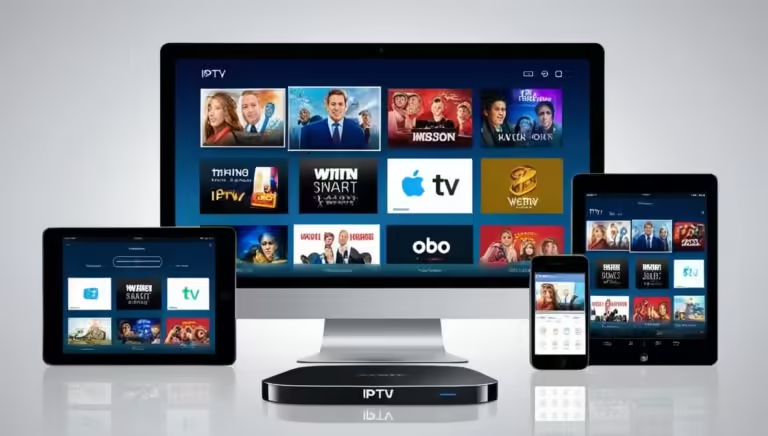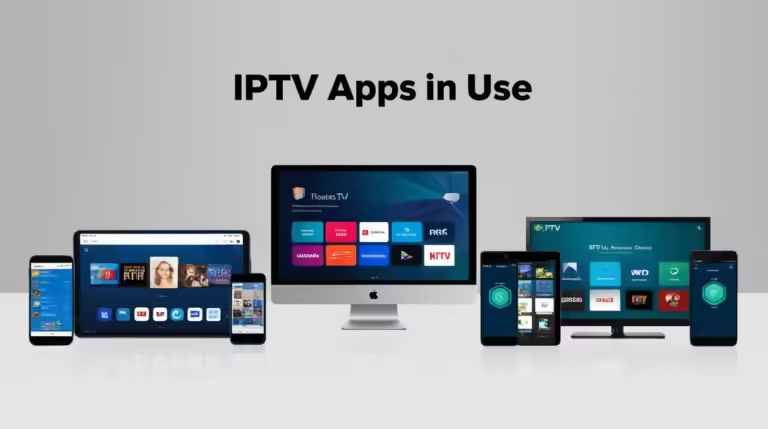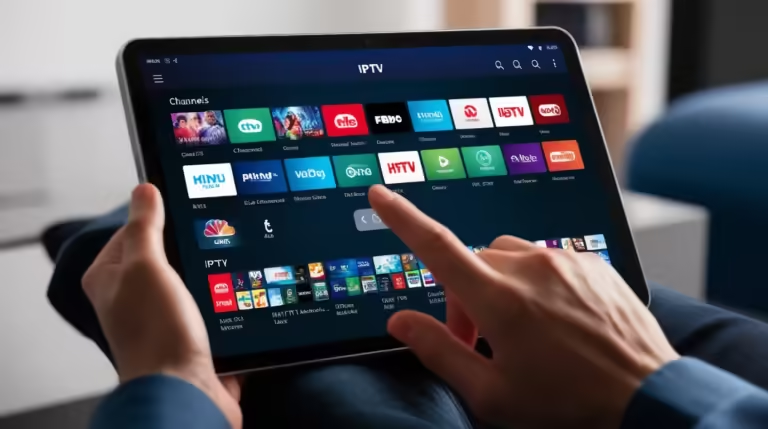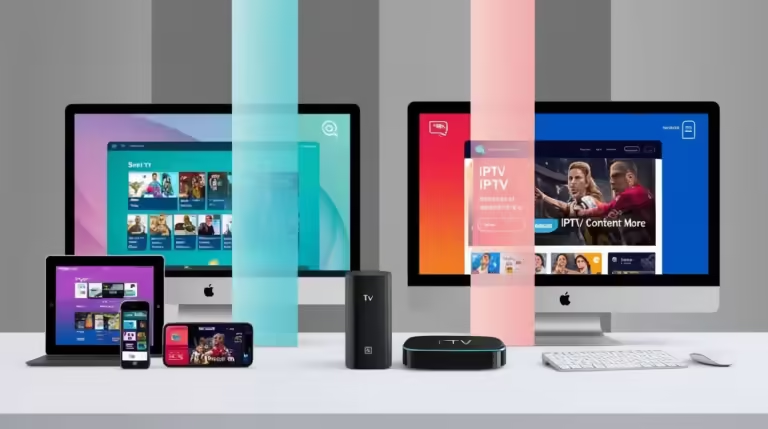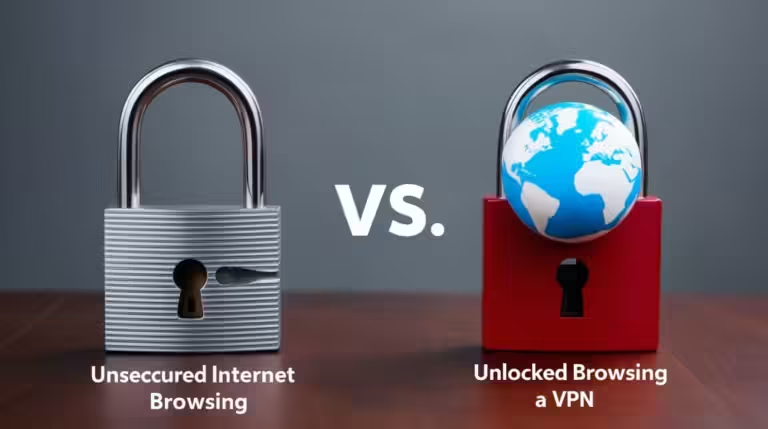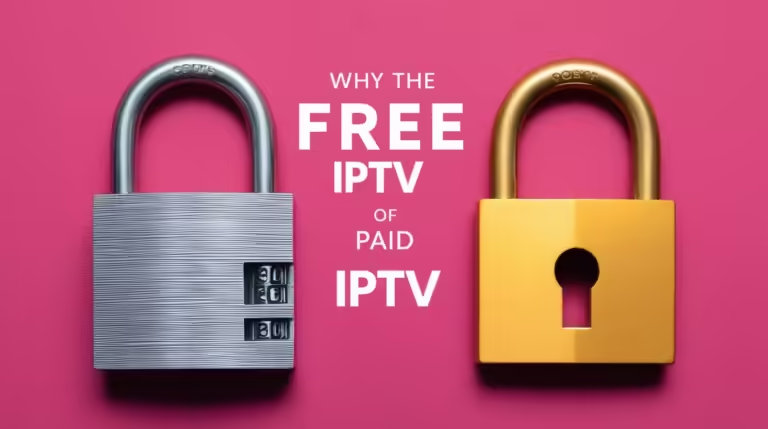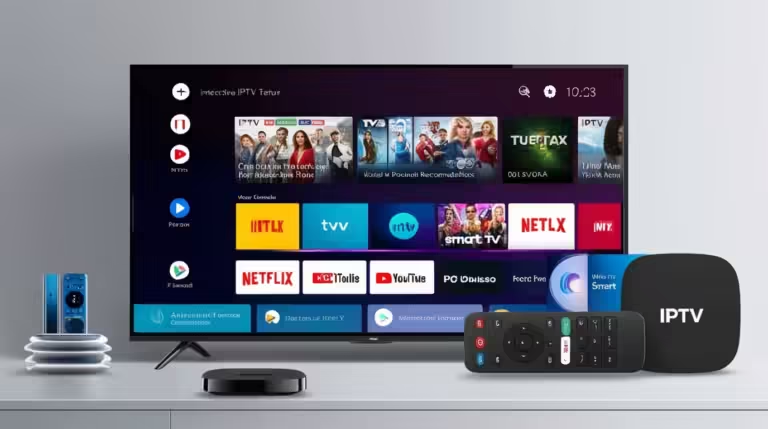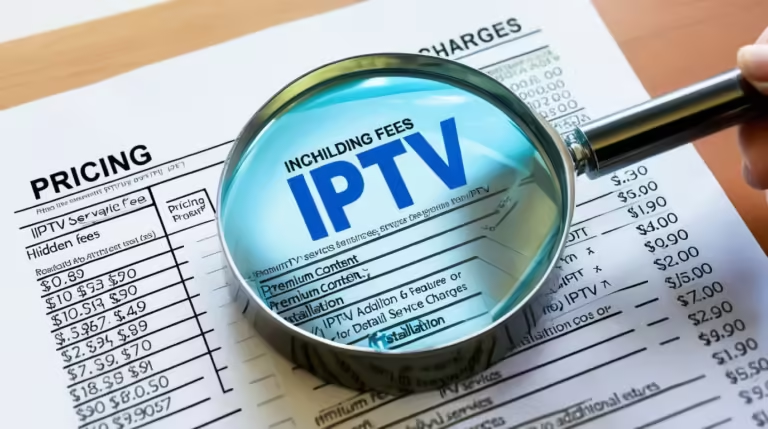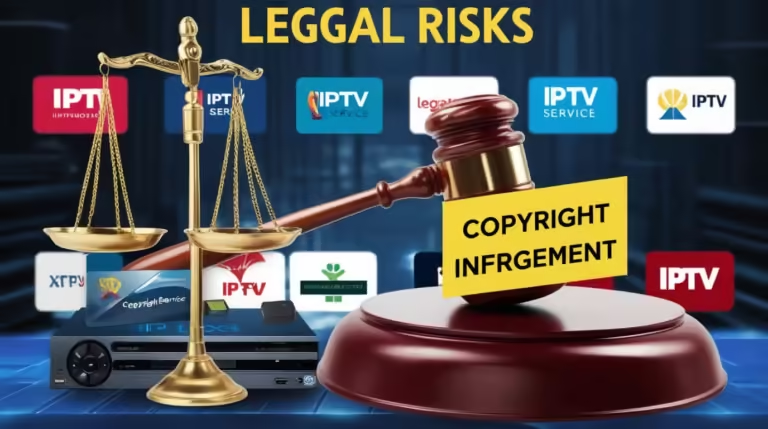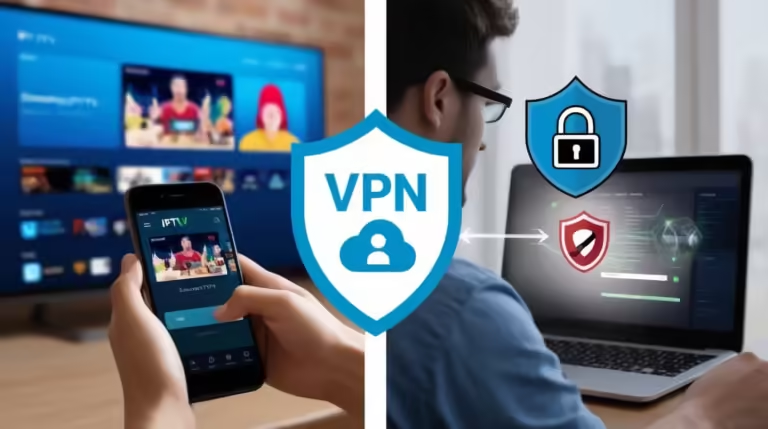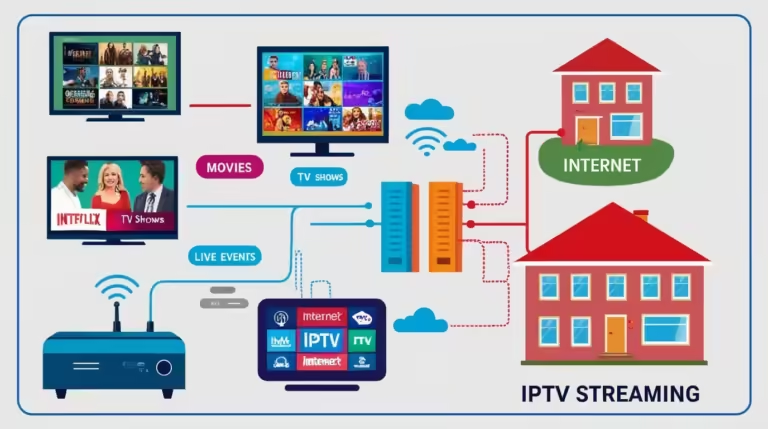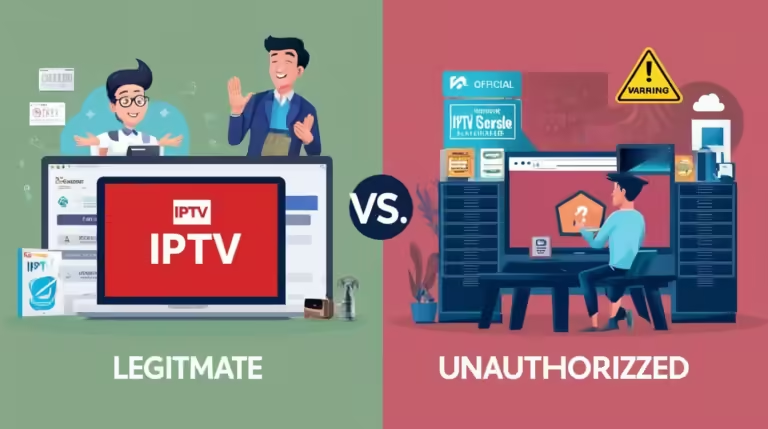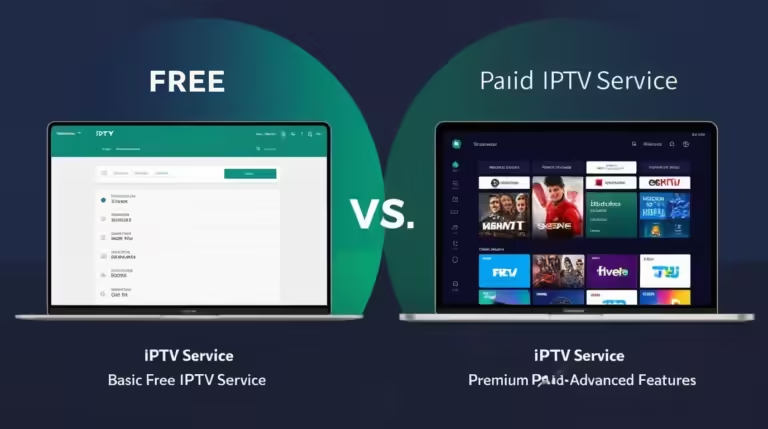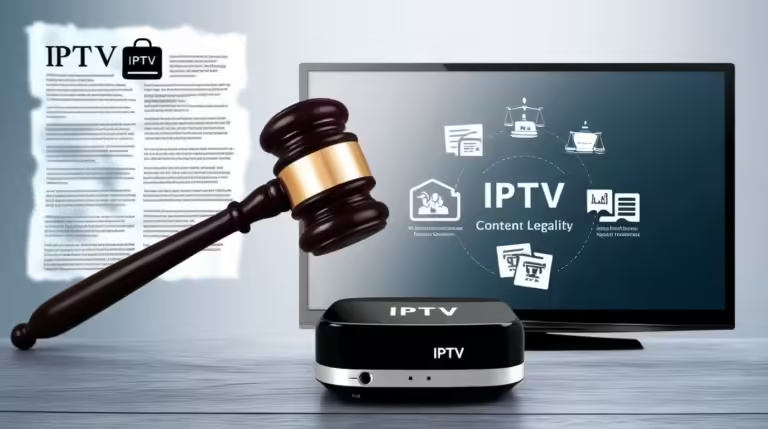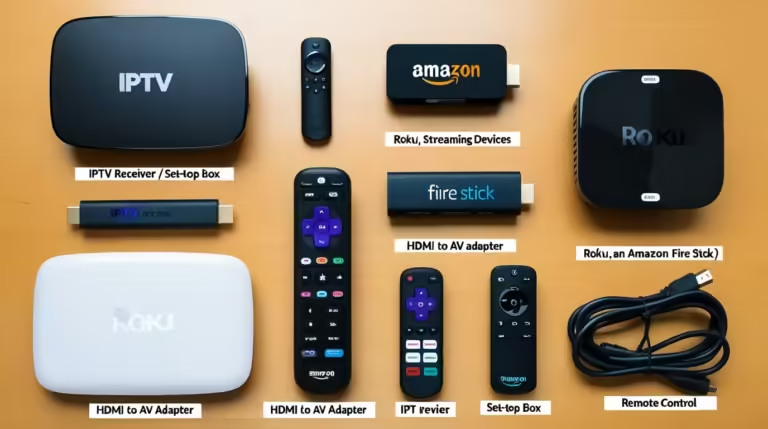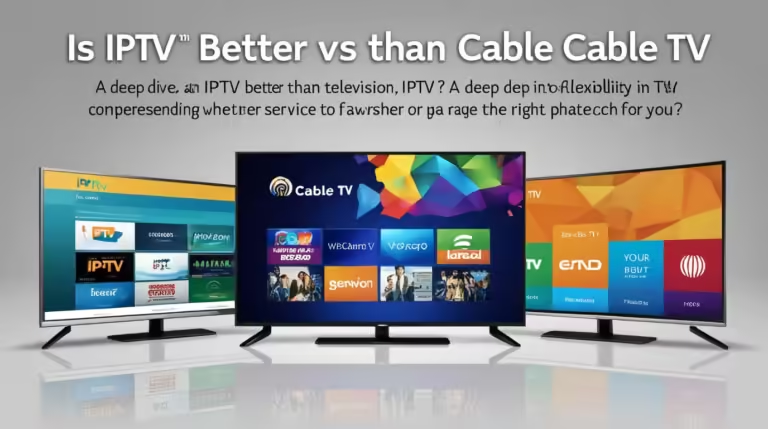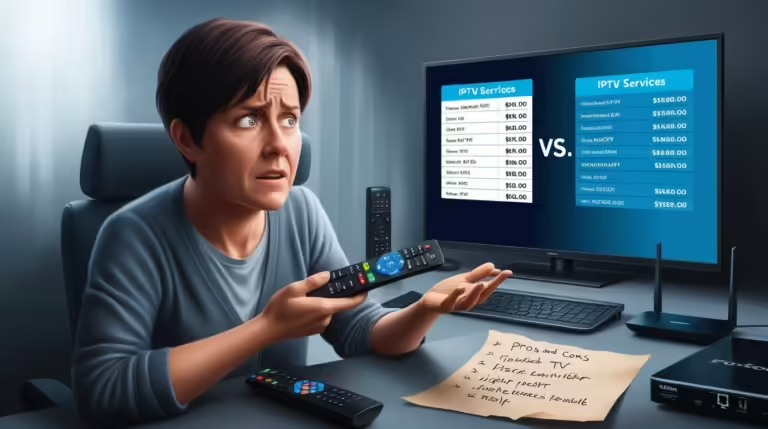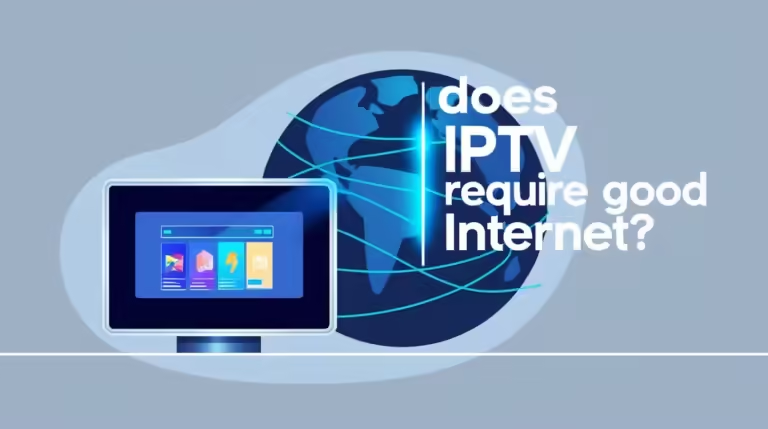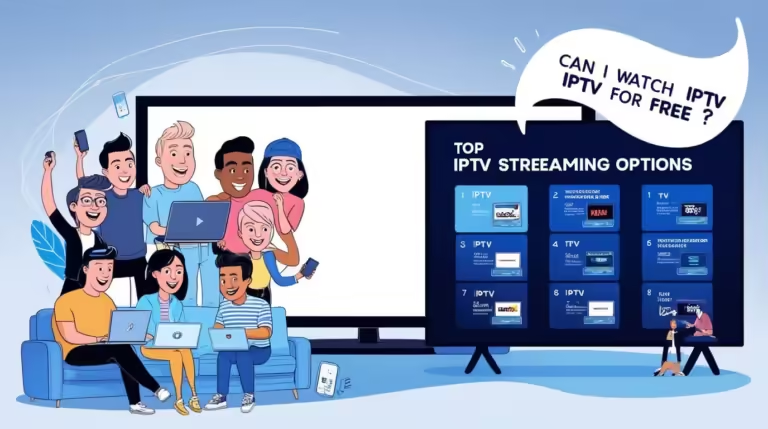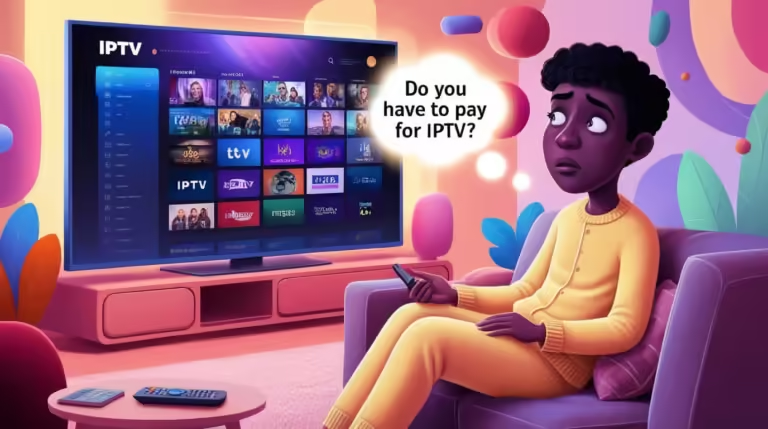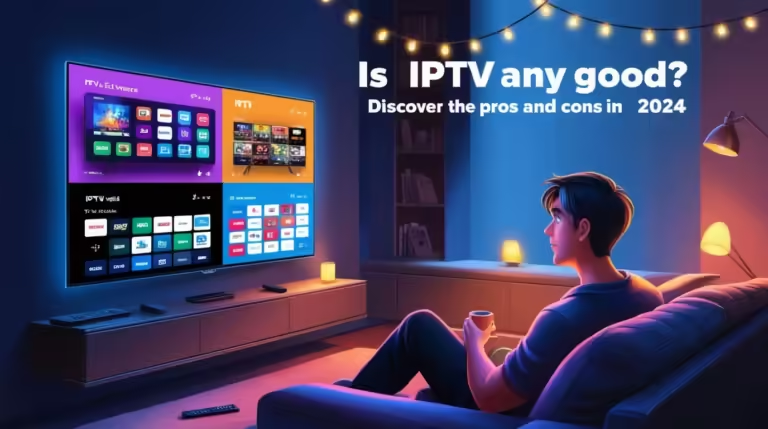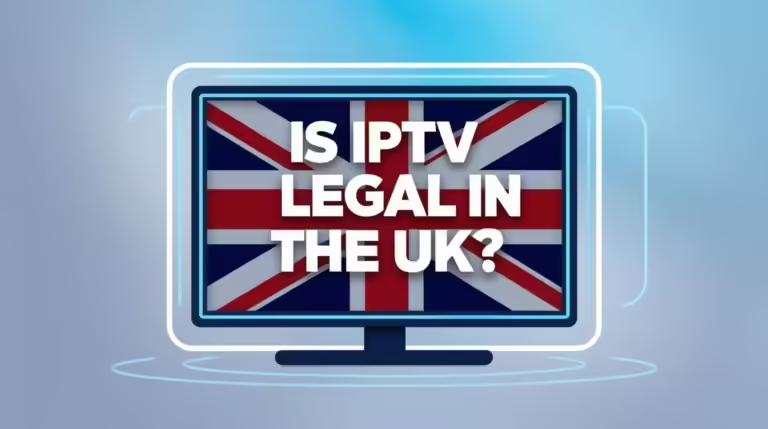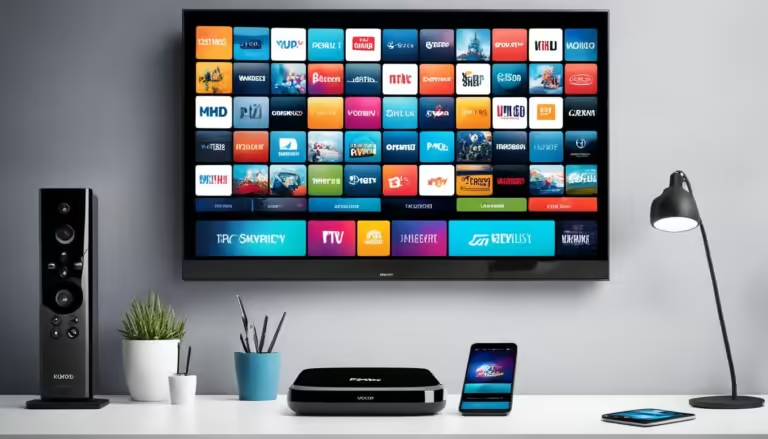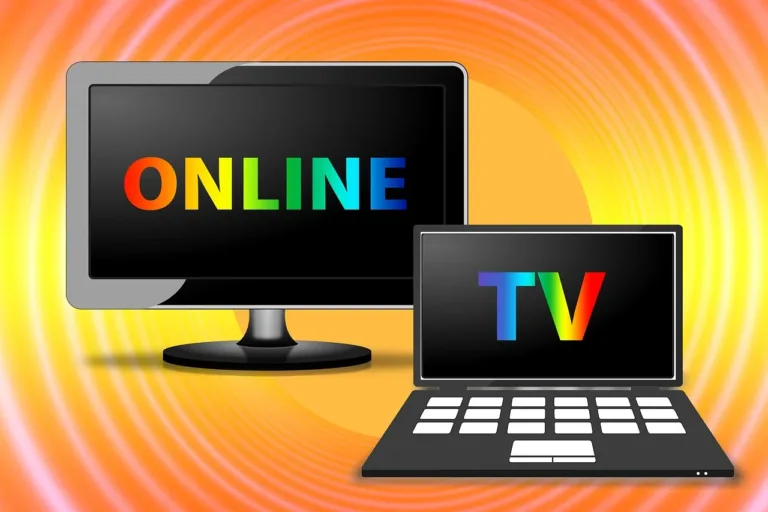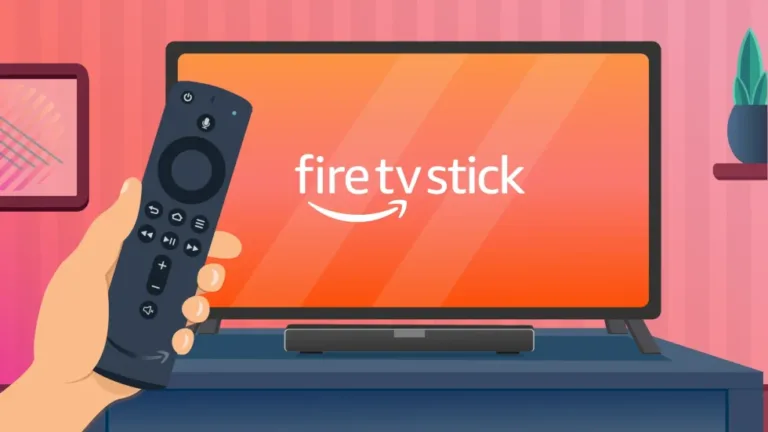In the age of digital streaming, IPTV (Internet Protocol Television) has become a popular choice for accessing a vast array of content from around the globe. The convenience of IPTV services is undeniable, but it also raises an important question: Is it safe to stream IPTV without VPN? As more people embrace IPTV for their entertainment needs, understanding the risks and benefits of using or bypassing a VPN (Virtual Private Network) is crucial. In this article, we’ll dive into the various aspects of streaming IPTV without a VPN, exploring the privacy, security, and legal implications, and offering tips on how to stay safe while enjoying your favorite shows.
Why You’re Asking: Is It Safe to Stream IPTV Without VPN in Today’s Digital World?

The surge in IPTV’s popularity can be attributed to its flexibility and accessibility. With IPTV, viewers can access live television, on-demand content, and a variety of channels from around the world through an internet connection. This has revolutionized the way we consume media, offering a convenient alternative to traditional cable or satellite TV.
However, the question of “Is it safe to stream IPTV without VPN?” is becoming increasingly pertinent as more users turn to these services. Streaming content online exposes users to potential privacy and security risks. Without a VPN, your internet activity—including your IPTV viewing habits—can be tracked by third parties, such as ISPs (Internet Service Providers), hackers, and even government agencies.
A VPN creates a secure, encrypted connection between your device and the internet, masking your IP address and making your online activities harder to trace. This added layer of protection is especially important in a digital landscape where cyber threats and privacy breaches are prevalent.
The growing concern over digital privacy has fueled the debate about whether it’s safe to stream IPTV without the protection of a VPN. As cyber threats evolve and privacy regulations become more stringent, users are increasingly seeking ways to safeguard their online activities. Understanding the benefits of a VPN and the risks of forgoing one is essential for making an informed decision about your IPTV setup.
The Privacy Risks of Streaming: Can You Trust IPTV Without a VPN?

When you stream IPTV without a VPN, you expose yourself to several privacy risks. One of the primary concerns is the tracking of your online activities. ISPs and various online trackers can monitor your browsing habits, including the content you access through IPTV. This information can be used to build detailed profiles about your interests and behaviors, which can then be sold to advertisers or used to target you with personalized marketing.
Moreover, streaming IPTV without a VPN can leave your personal information vulnerable to cyberattacks. Without the encryption provided by a VPN, your internet connection is more susceptible to interception by hackers. This risk is particularly concerning when accessing IPTV services that require you to input personal or financial information.
Another privacy issue is the potential for data leaks. IPTV providers, like any other online service, may experience security breaches. Without a VPN, your data could be exposed during such breaches, leading to potential misuse or identity theft.
To illustrate, consider the case of a popular IPTV service that experienced a data breach, exposing the personal information of thousands of users. Users who were not protected by a VPN faced increased risks of their data being exploited by malicious actors.
Is it safe to stream IPTV without VPN? In a world where privacy concerns are growing, using a VPN offers an essential layer of protection against these risks. VPNs encrypt your internet traffic and obscure your IP address, making it significantly harder for third parties to monitor or access your online activities. While IPTV services may provide entertainment and convenience, safeguarding your privacy with a VPN is a critical consideration.
Security Concerns: What Happens If You Stream IPTV Without VPN Protection?
Streaming IPTV without VPN protection introduces several security concerns that users should be aware of. One major issue is the increased risk of exposure to malware and other malicious software. IPTV streams, particularly those from less reputable sources, can sometimes be vectors for malware. Without a VPN, your device is more vulnerable to such threats, which can compromise your system’s security and integrity.
Additionally, IPTV services that operate without proper security measures may expose users to phishing attacks. Cybercriminals often use deceptive tactics to trick users into providing sensitive information. When you stream IPTV without a VPN, you might be more susceptible to such attacks, as your data is not encrypted and your IP address is visible to potential attackers.
Another security risk involves data breaches. VPNs help mitigate the risk of data breaches by encrypting your connection and masking your IP address. Without a VPN, your data is more exposed to interception during transmission, increasing the likelihood of sensitive information being compromised.
Is it safe to stream IPTV without VPN? The answer is generally no when considering the various security threats present in the digital environment. A VPN not only encrypts your internet connection but also provides a secure tunnel for your data, reducing the risk of exposure to malware, phishing, and other security threats. For users who prioritize their online security, using a VPN with IPTV streaming is a recommended practice.
VPNs vs. No VPN: How Does Streaming IPTV Differ With or Without Protection?

The choice between streaming IPTV with or without a VPN can significantly impact your overall experience. When you use a VPN, your internet connection is encrypted, and your IP address is masked, which provides several advantages over streaming without one.
With a VPN, you can enjoy a higher level of privacy and security. Your online activities, including IPTV streaming, are encrypted, making it difficult for third parties to monitor or access your data. Additionally, a VPN can help you bypass geo-restrictions, allowing access to content that may be unavailable in your region due to licensing or regional restrictions.
On the other hand, streaming IPTV without a VPN leaves you exposed to potential privacy and security risks. Without encryption, your internet traffic is visible to your ISP and other third parties, and your IP address can be tracked. This lack of protection can lead to targeted advertising, data tracking, and increased vulnerability to cyber threats.
The performance of your IPTV stream can also be affected by the use of a VPN. While VPNs provide security and privacy, they can sometimes introduce latency or reduce connection speeds. However, many modern VPNs offer high-speed connections that minimize these issues, ensuring that you can enjoy your IPTV content without significant delays.
In summary, is it safe to stream IPTV without VPN? Streaming with a VPN generally offers superior privacy, security, and access to content compared to streaming without one. The choice ultimately depends on your priorities regarding privacy and security versus convenience and potential performance trade-offs.
The Legal Implications: Is It Safe to Stream IPTV Without VPN When It Comes to Copyright?
When considering whether it is safe to stream IPTV without VPN from a legal perspective, copyright issues are a significant concern. Streaming IPTV without proper licensing or copyright compliance can lead to legal consequences, including fines and legal action from content creators and rights holders.
IPTV services that operate legally obtain the necessary licenses and permissions to broadcast or stream content. However, many unauthorized IPTV services operate in legal gray areas, providing access to copyrighted content without proper licensing. Users who stream from these services may unknowingly participate in copyright infringement, which can result in legal ramifications.
Using a VPN does not absolve users of legal responsibilities related to content licensing. While a VPN can obscure your IP address and provide some level of anonymity, it does not change the legality of the content you are accessing. Engaging with unauthorized IPTV services remains a legal risk, regardless of whether you use a VPN.
For users who want to stay within the bounds of the law, it is crucial to choose IPTV services that operate legally and hold the necessary licenses. If you are concerned about the legal implications of streaming IPTV, ensure that your service provider is compliant with copyright laws and that you are accessing content through legitimate channels.
In conclusion, while a VPN can enhance your privacy and security, it does not eliminate the need for legal compliance when streaming IPTV. Is it safe to stream IPTV without VPN? Legally speaking, the safety of your IPTV streaming activities is more about ensuring that you use authorized services rather than relying solely on a VPN.
Best Practices for Safe Streaming: How to Protect Yourself If You Choose to Stream IPTV Without VPN
Even if you choose to stream IPTV without a VPN, there are best practices you can follow to enhance your safety and security. These practices can help mitigate some of the risks associated with streaming without the added protection of a VPN.
Firstly, ensure that the IPTV service you use is reputable and legally licensed. Research the service provider and check for reviews or information about their licensing agreements. Opt for services that provide clear information about their content sources and licensing status.
Secondly, use strong, unique passwords for your IPTV accounts and enable two-factor authentication if available. This helps protect your accounts from unauthorized access and reduces the risk of your personal information being compromised.
Regularly update your device’s software and applications to protect against security vulnerabilities. Keeping your system and applications up to date ensures that you benefit from the latest security patches and improvements.
Be cautious when accessing IPTV content from less well-known sources. If you must use such sources, consider using additional security measures such as antivirus software to scan for potential threats. Avoid clicking on suspicious links or downloading files from untrusted sources.
Lastly, consider combining these practices with other security measures, such as using a firewall or secure browsing tools, to further protect your online activities.
In conclusion, is it safe to stream IPTV without VPN? While using a VPN offers significant benefits in terms of privacy and security, following these best practices can help enhance your safety if you choose to stream without one. Balancing convenience with security is key to enjoying your IPTV experience while minimizing potential risks.

